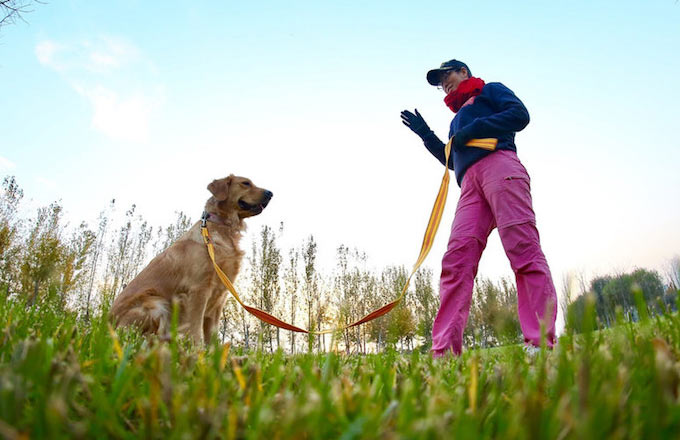Online watchdog tightens rules for content providers
China's top internet watchdog released two regulations on Monday tightening the governance of online information providers and assessing new technologies, in a move to ensure that online content is accurate and objective.
"While news information enriches cyberspace, some content posted by the staff of news websites without sufficient training are still improper or illegal, which harms internet development and the public interest," the Cyberspace Administration said in a statement.
The regulation targets those responsible for posting, editing, forwarding and reviewing news information at each website. It takes effect on Dec 1.
"Every online news provider should abide by the Constitution, laws and rules, as well as implement policies made by the country and the Communist Party of China, protecting the national and public interest," the statement said.
"The authenticity of news should be upheld, while fake information and paid news must be banned."
To ensure the accuracy of news and information online, website workers are to receive 40 or more hours of training every year, it said.
"Cyberspace administrators will set up a credit file and blacklist to record the regulation-breakers, while the websites they work for should also punish them, including firing and reporting them to administrators," it said.
Wang Sixin, a law professor at Communication University of China, said the regulation is designed to maintain order as cyberspace continues to develop.
"The more regulated the online news providers are, the more healthy the information posted," he said, adding that training will help to better communicate policies, ensuring that the news is released more accurately and professionally.
The second regulation asks online information or service providers to assess the safety of new technologies and applications, the administration said.
"While we benefit from new applications or technologies, including search engines, webcasting platforms and instant messaging tools, they are also improperly used by some people to post illegal information or even to commit crimes," the statement said, adding that order in cyberspace is disrupted by such activities.
To avoid damage, the authority said it is necessary to assess whether content provided by new applications and technologies, such as websites, online forums, blogs, micro blogs, public accounts and webcasting, is safe or not.
"Online service providers should first conduct a self-evaluation when they issue fresh news-related applications or technologies, and then report the results to management within 10 days to receive a security assessment," it said.
That regulation will also take effect on Dec 1.
Zhi Zhenfeng, a researcher at the Chinese Academy of Social Sciences' Institute of Law, sees the regulations as an echo of the country's first Cybersecurity Law, which took effect on June 1, saying their implementation will help online news providers play a better role in cyberspace development.






















